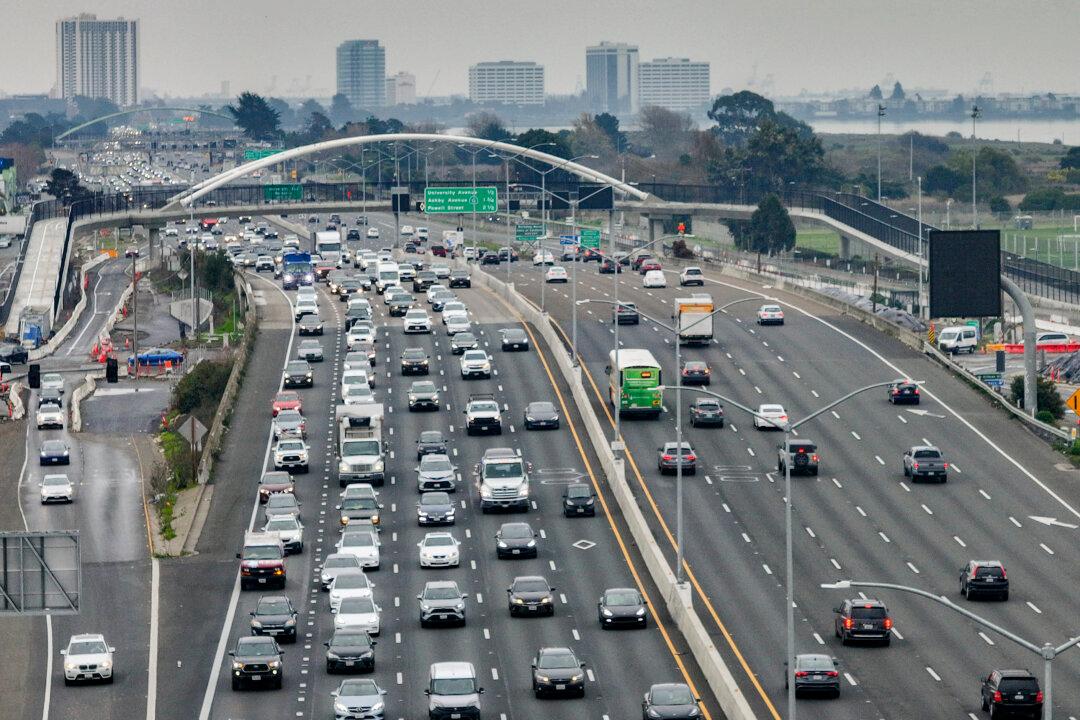The bipartisan climate plan that’s advancing in the U.S. Senate, which would provide the first step for the United States to impose its first carbon import tax, will drive up costs for U.S. consumers while its benefits for the environment will be scarce to nil if the legislation is approved in anything close to its current form, according to energy experts.
The legislation, dubbed the PROVE It Act and which enjoys broad support, advanced out of the Senate Environment and Public Works Committee on Jan. 18 following a 15–4 vote.





